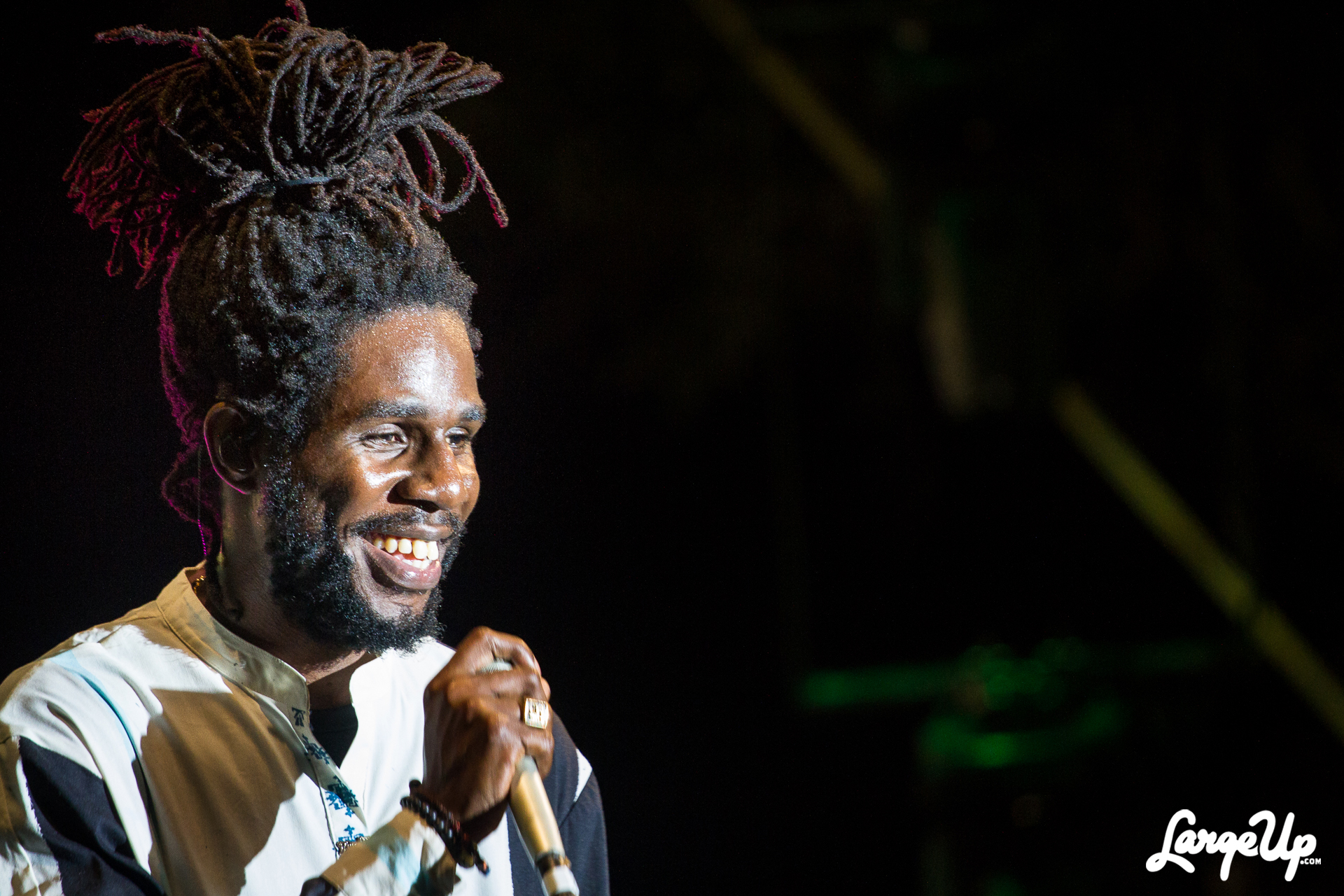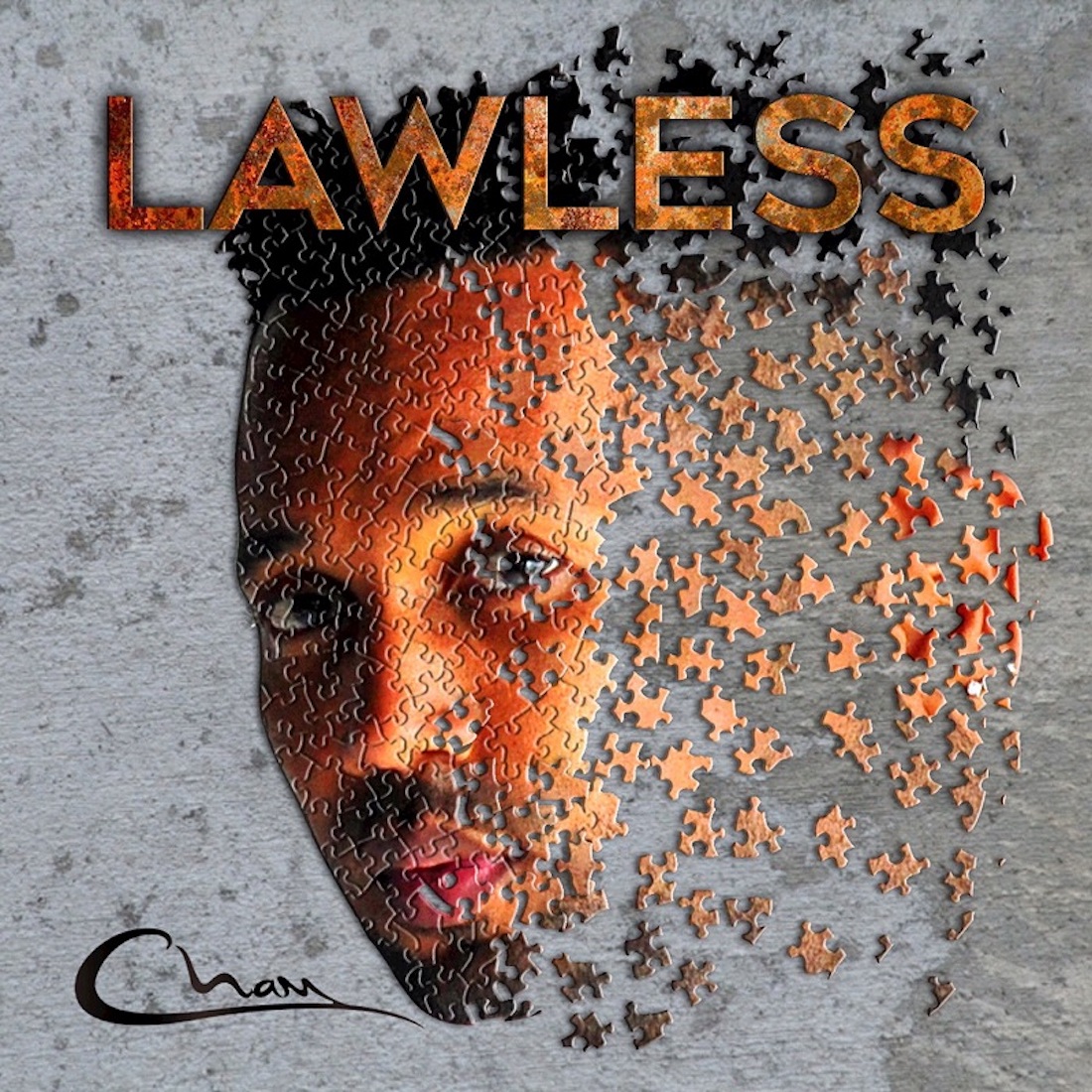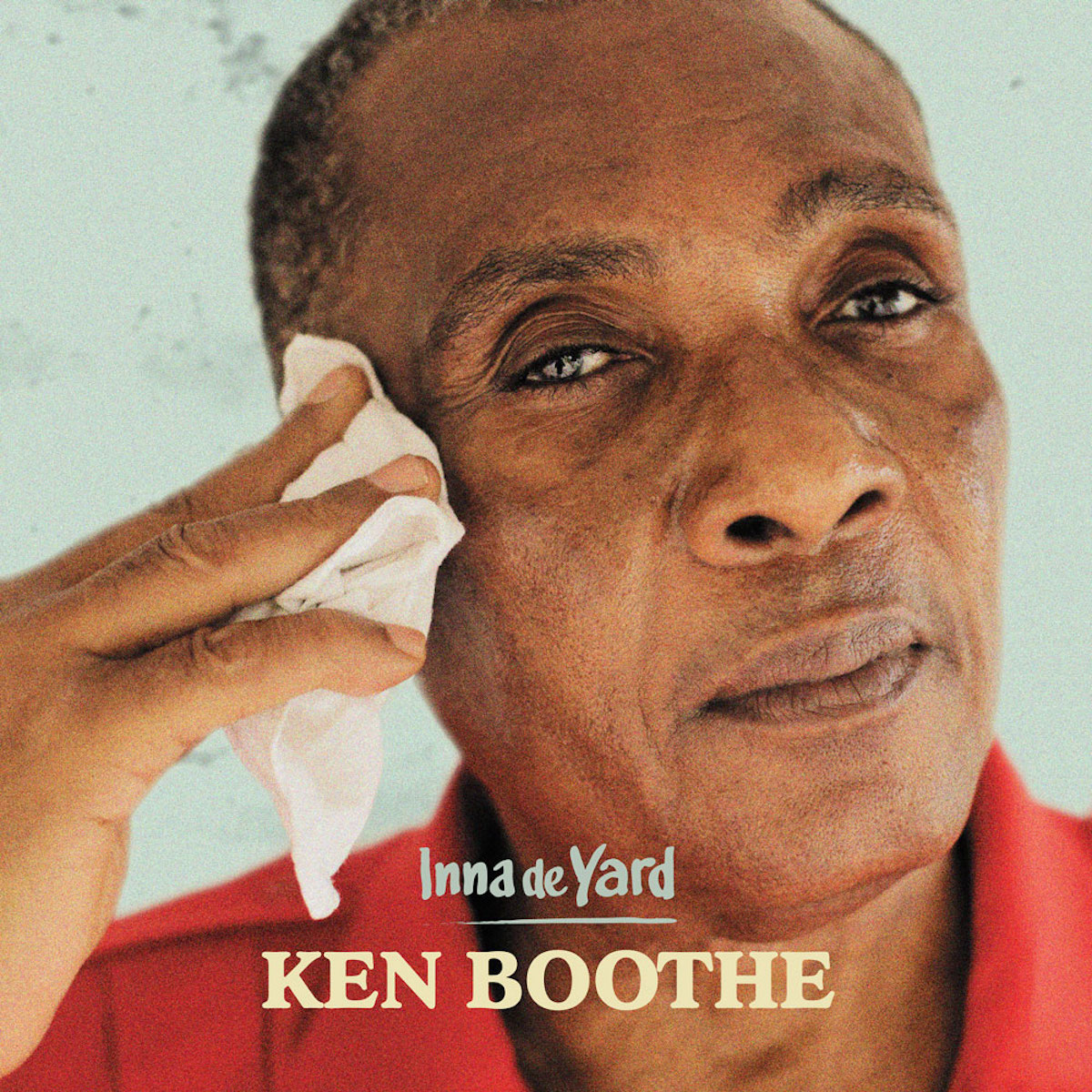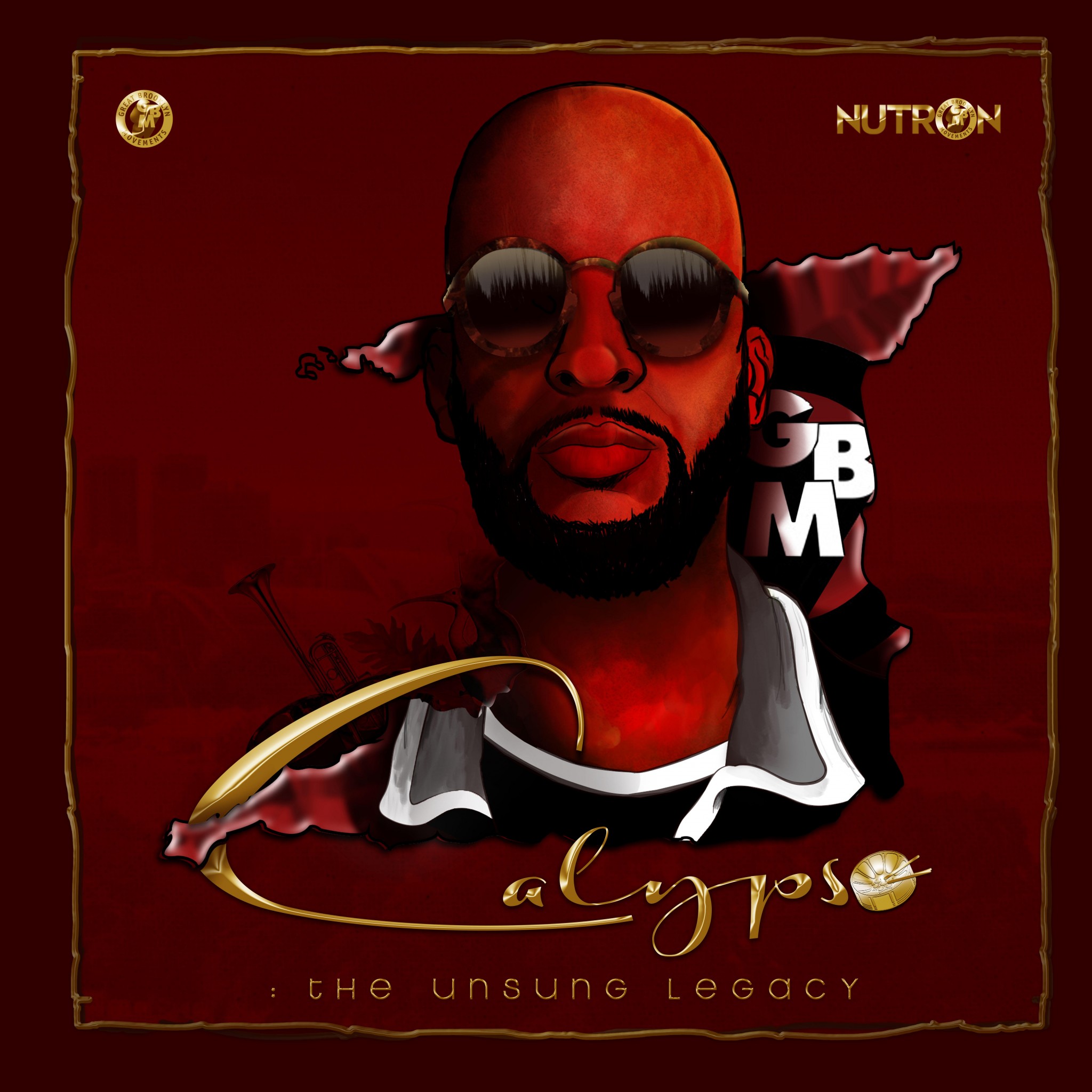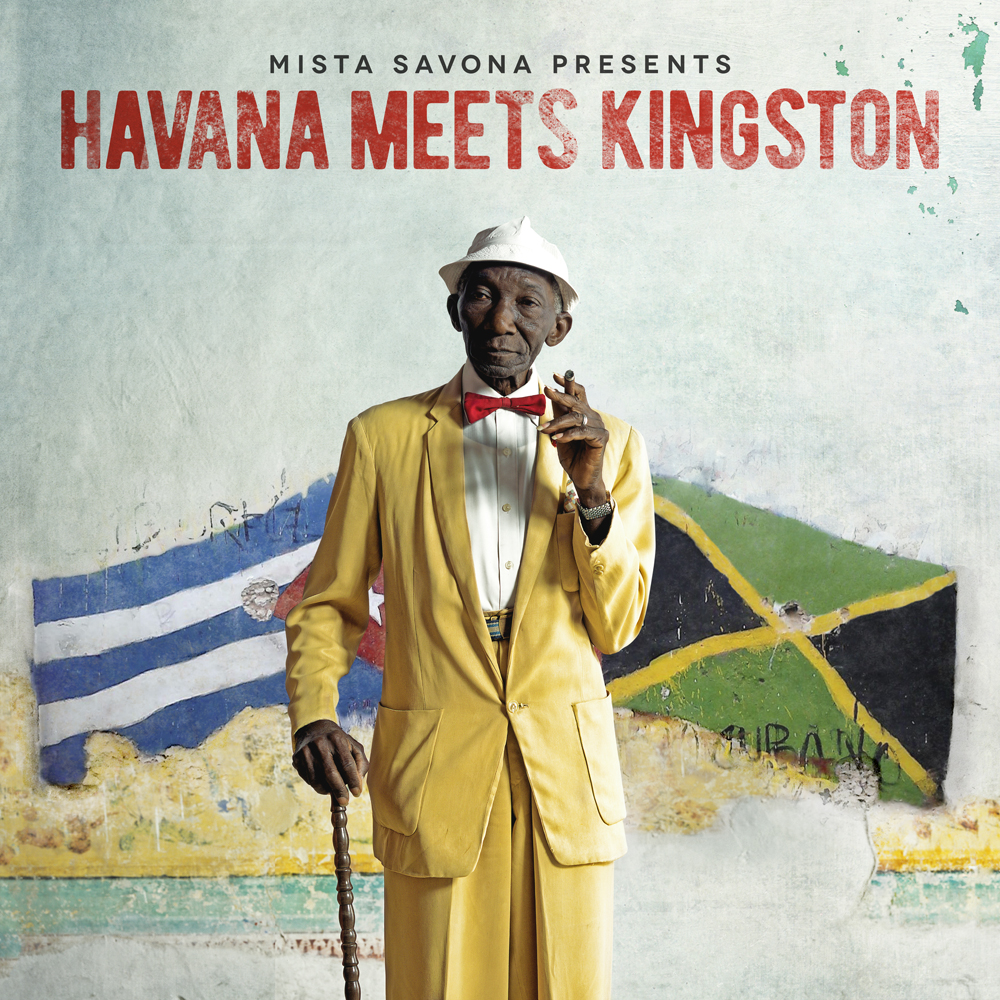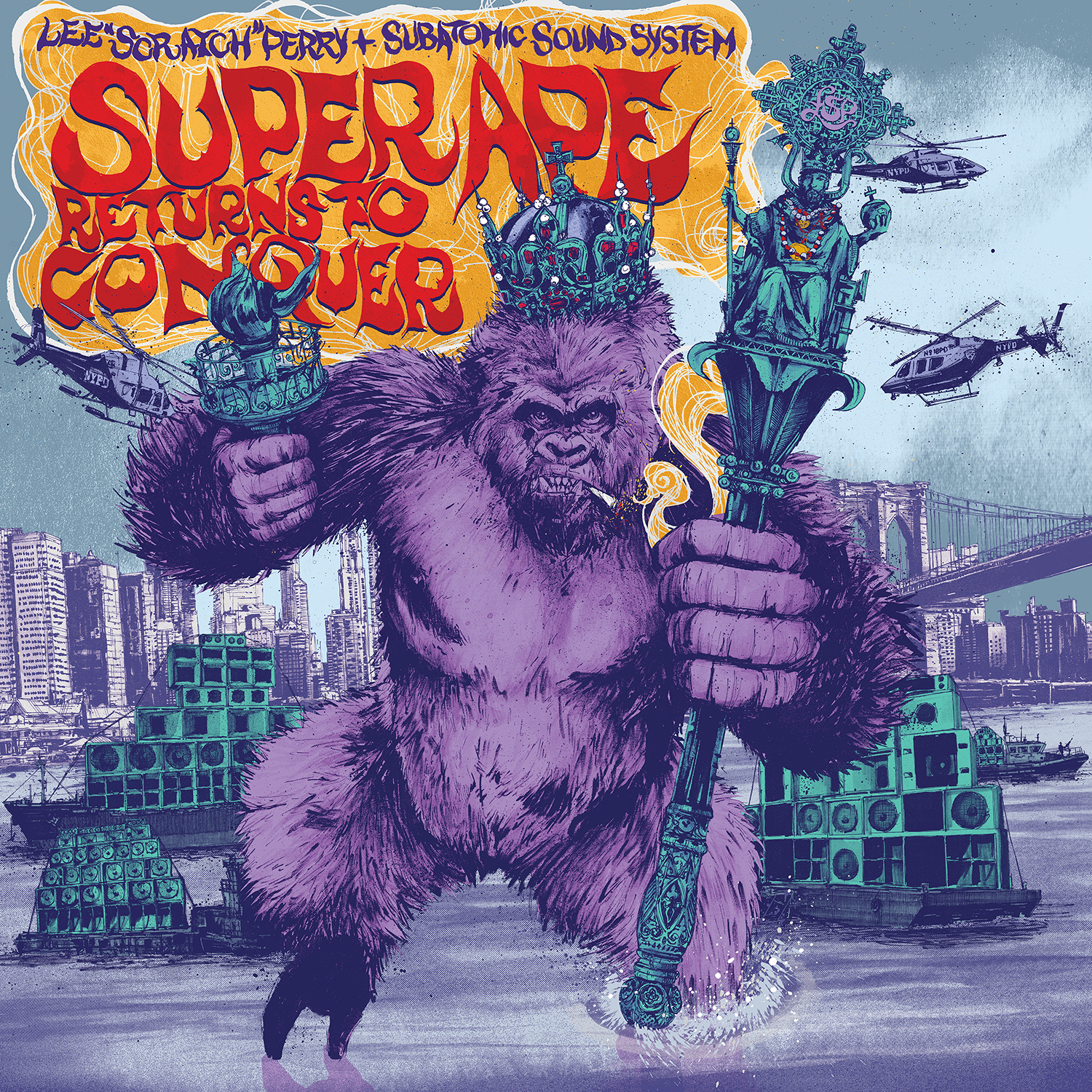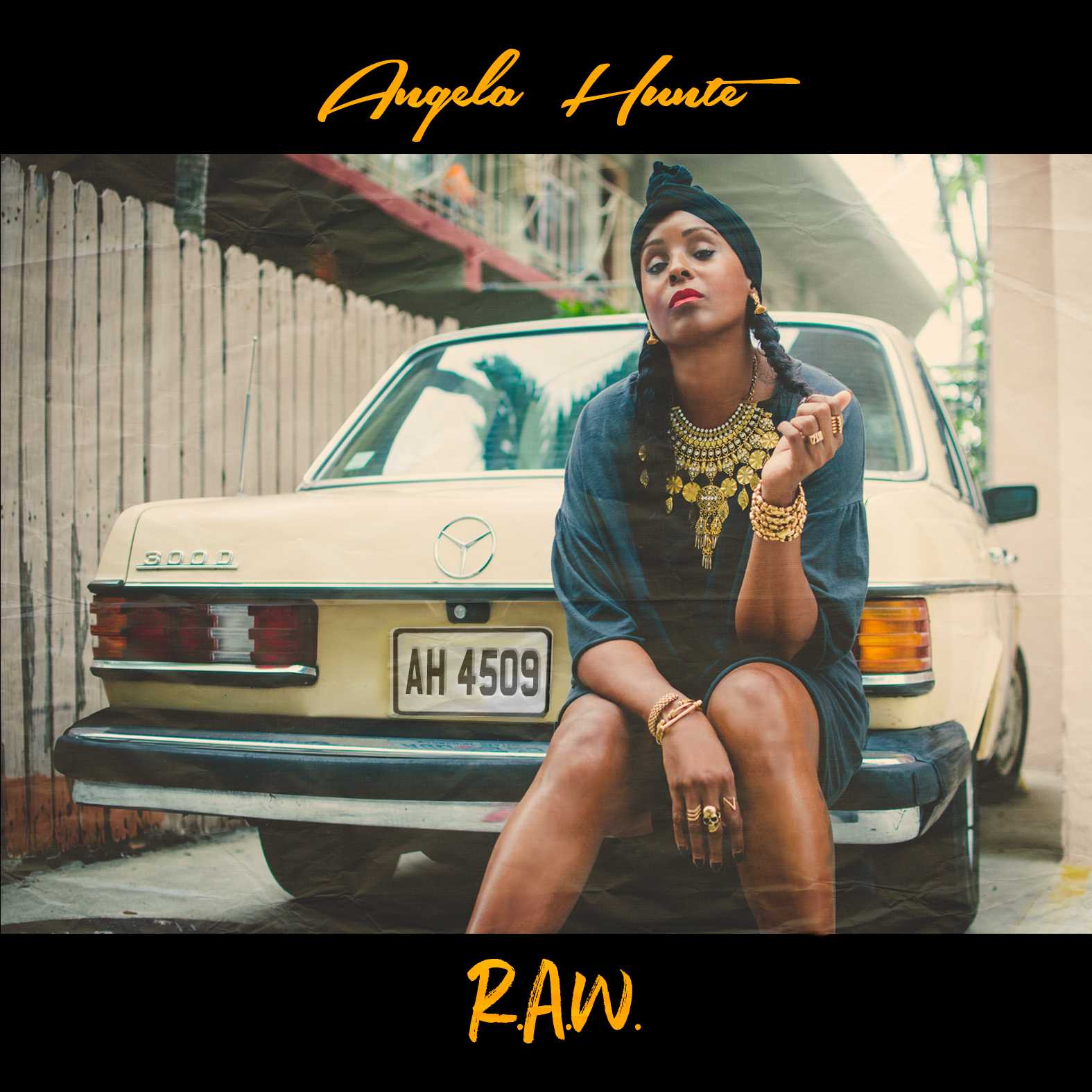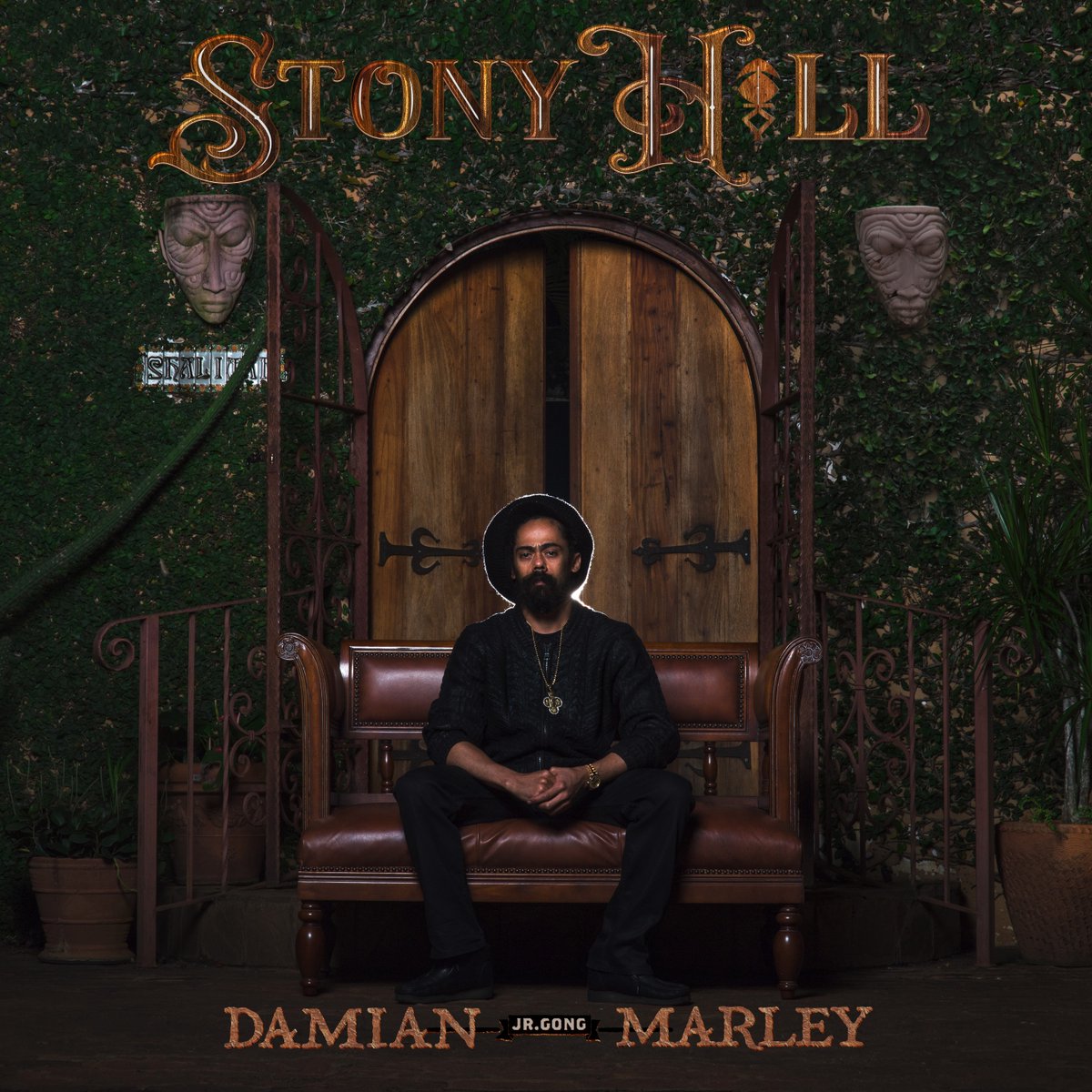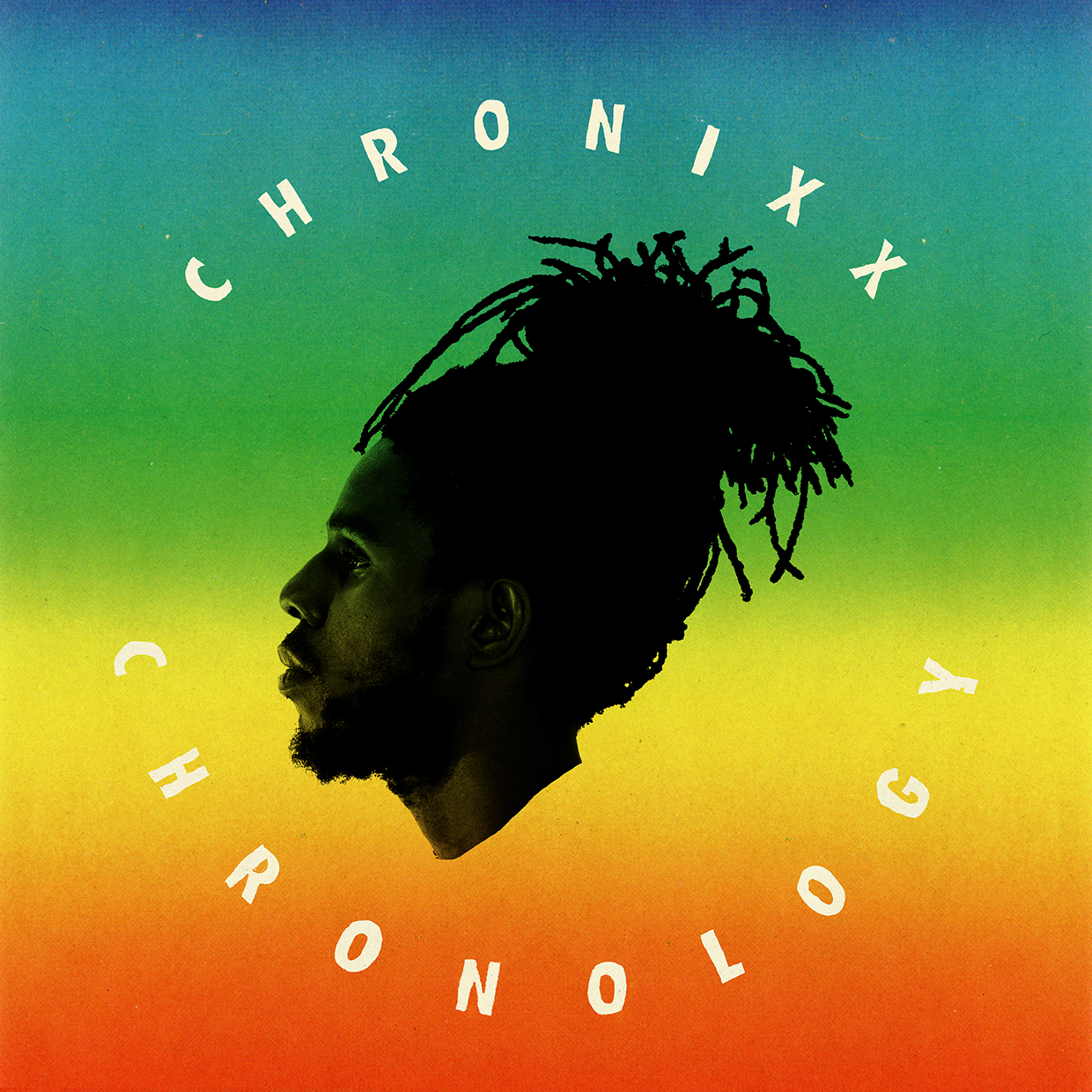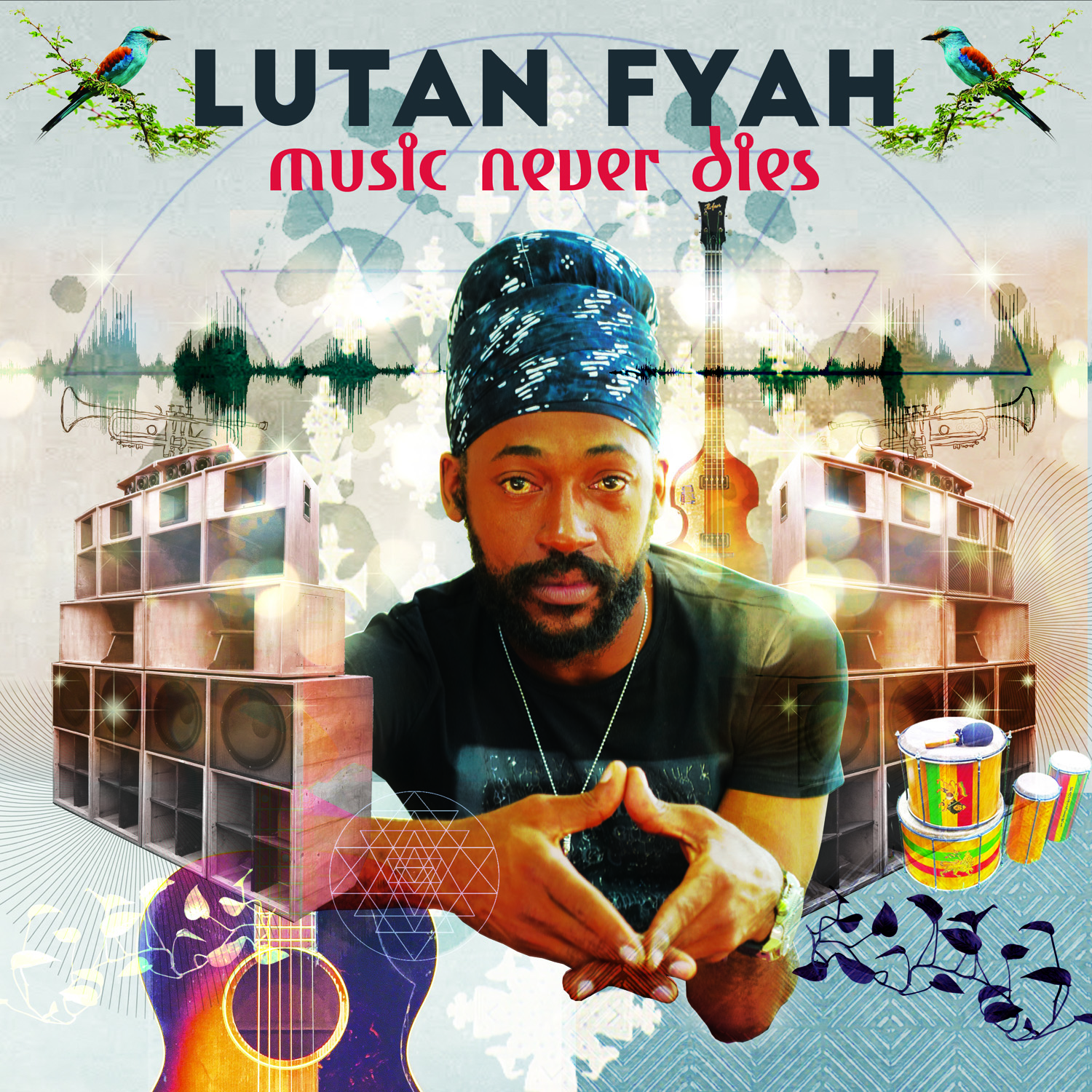2. Damian Marley, Stony Hill
Damian Marley did not have to release Stony Hill. He could easily spend his time concentrating on his business ventures, doing guest verses, producing and performing live. But with virtually 12 years elapsed since his last solo album, the now-classic Welcome to Jamrock LP, there were issues Jr. Gong wanted to address.
Issued on his 39th birthday, Marley’s fourth album takes its name from the Kingston community where he grew up. As he has done throughout his career, Jr. Gong challenges injustice in many of the 18 tracks on Stony Hill. This time, though, he does it even more effectively. If you don’t stop and think several times, or even challenge your own views when listening to this album, then you weren’t giving his lyrics the attention they deserve. “Slave Mill,” one of the album’s most thought-provoking tracks, raises issues such as freedom (or lack thereof), and the true value of money and material possessions. “Medication,” one of three songs featuring Damian’s older brother, Stephen Marley, poses questions of a different kind, regarding the irrational treatment of marijuana. In “R.O.A.R.,” Damian issues a reminder about the importance of morals and values. Though he is speaking to the youth of Jamaica here, the message is applicable to inner-city communities around the globe. Love is the topic of choice for several tracks including “Upholstery” featuring Bounty Killer’s son Major Myjah, whilst the upbeat “Living It Up” assures listeners that anything is possible if you believe in your dreams.
Stony Hill provides an in-depth look inside the mind of Damian Marley, something you don’t get from a single or guest verse. His ability to intelligently analyse a wide range of subjects makes him one of reggae’s greatest assets. He would likely never say this, he is too humble, but he doesn’t have to, his music speaks for him. — Gibbo

